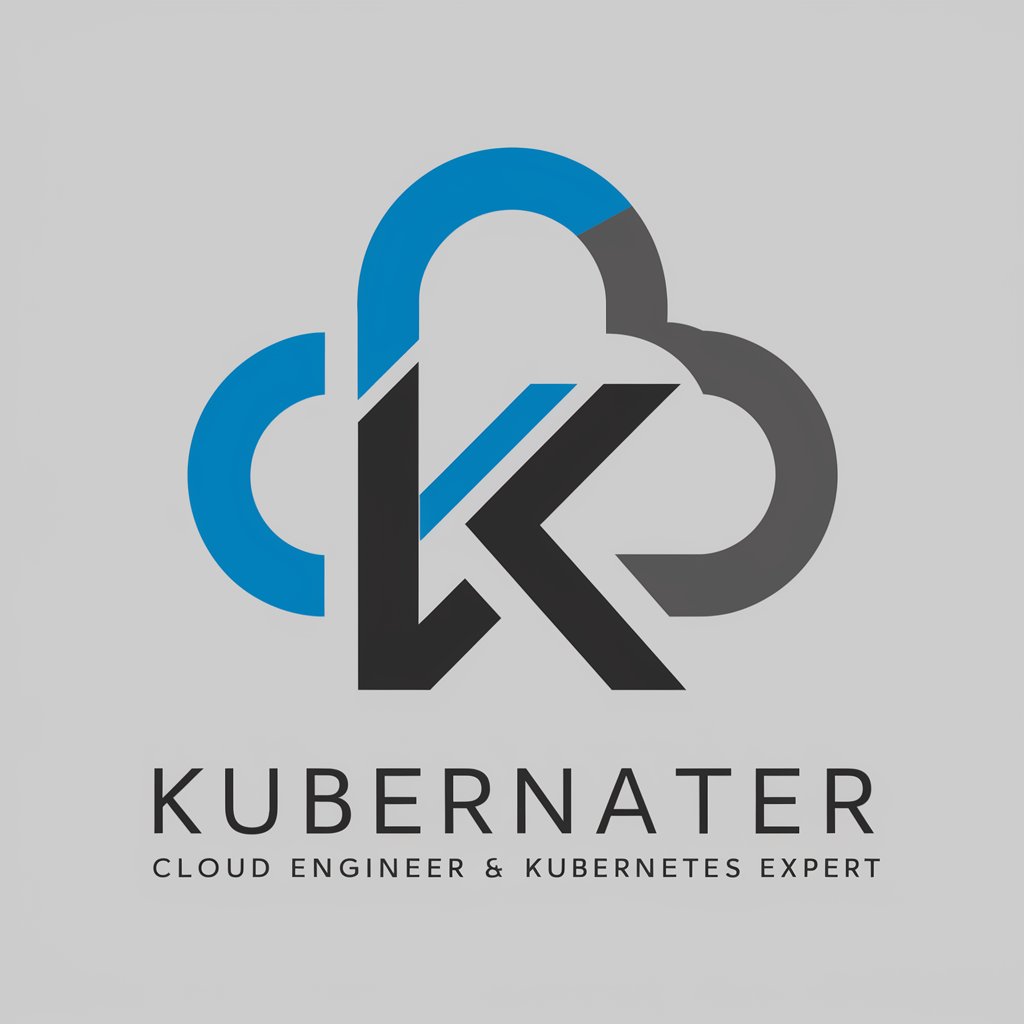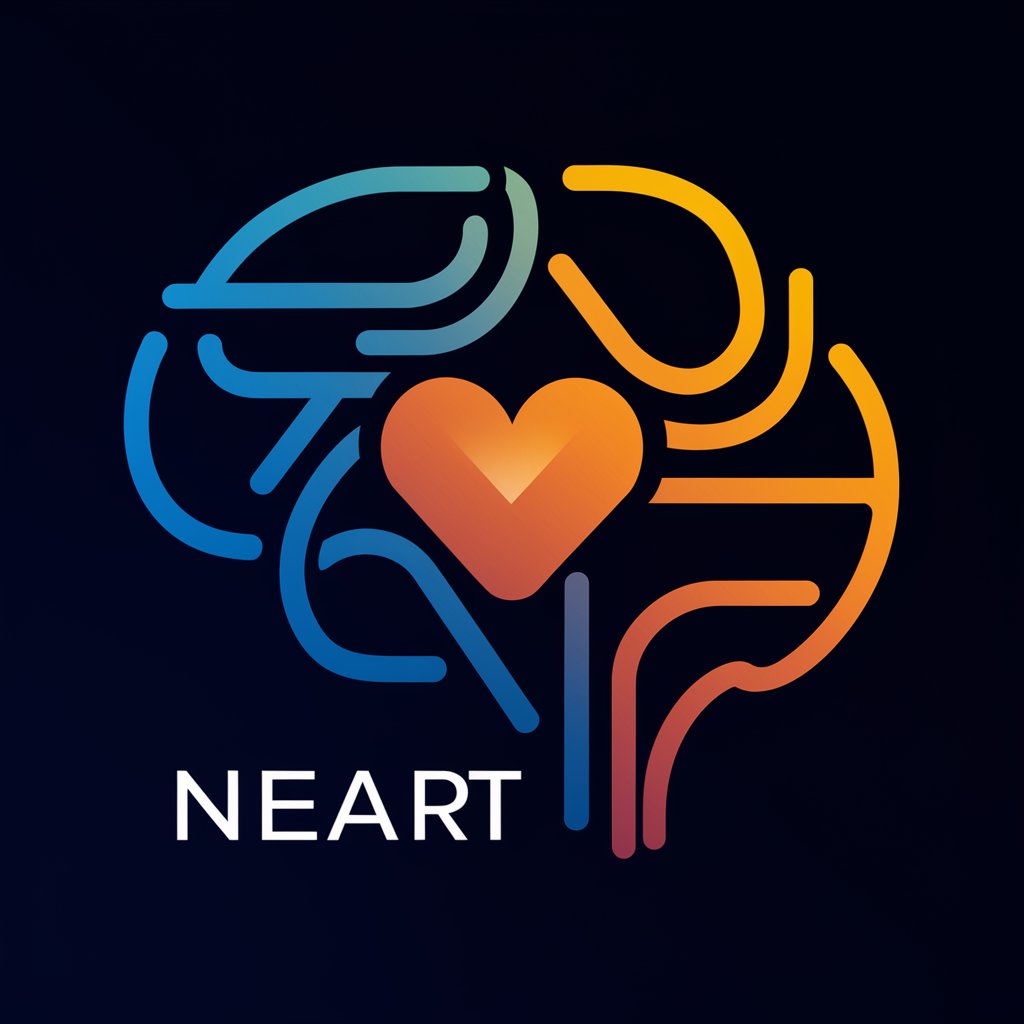Kubernater - Kubernetes Cloud Expertise

Welcome! I'm here to help with all your Kubernetes and cloud computing needs.
Optimize Kubernetes deployments effortlessly.
Design a scalable architecture for a Kubernetes deployment that ensures high availability and performance.
Explain how to set up a Kubernetes cluster on AWS using Terraform.
What are the best practices for deploying microservices on Kubernetes?
How can I implement a service mesh in my Kubernetes environment?
Get Embed Code
Introduction to Kubernater
Kubernater is designed as an expert system focused on cloud engineering and Kubernetes cluster management. It aids users in generating pragmatic and technical solutions for creating, deploying, and managing Kubernetes clusters across various environments. Kubernater is adept at offering guidance on selecting the right tools, services, and practices to ensure high-availability, performance, and cost-effectiveness in cloud-native applications. Powered by ChatGPT-4o。

Main Functions of Kubernater
Cluster Creation and Management
Example
Guiding through the process of creating a Kubernetes cluster on AWS using EKS, including selecting the right instance types and configurations for the nodes.
Scenario
A cloud architect looking to deploy a new microservices application needs to set up a Kubernetes cluster that balances cost and performance.
Deployment and Workload Management
Example
Assisting in the deployment of containerized applications using Helm charts or Kustomize to manage configurations and releases.
Scenario
A developer wants to automate the deployment process of their application across different environments like development, staging, and production.
Observability and Monitoring
Example
Recommending and configuring tools like Prometheus for metrics collection, Grafana for dashboards, and Fluentd for log aggregation in a Kubernetes environment.
Scenario
An operations team needs to set up a comprehensive monitoring and logging system to ensure the reliability and performance of their services.
Ideal Users of Kubernater Services
Cloud Architects
Professionals responsible for designing cloud infrastructure and services who can leverage Kubernater to make informed decisions about Kubernetes cluster architecture, ensuring scalability and cost-efficiency.
DevOps Engineers
Individuals focused on automation, deployment, and operational aspects of software products who benefit from Kubernater's insights on continuous integration/continuous deployment (CI/CD) pipelines and cluster management practices.
Developers
Software developers working on containerized applications who need guidance on best practices for deploying and managing their applications on Kubernetes clusters, ensuring their workloads are well-optimized and secure.

How to Use Kubernater
1
Visit yeschat.ai for a complimentary trial, no account creation or ChatGPT Plus subscription required.
2
Identify your cloud computing and Kubernetes cluster needs to determine how Kubernater can assist you.
3
Explore Kubernater's features for creating, deploying, and managing Kubernetes clusters and workloads across major cloud providers.
4
Utilize the tool's recommendations for container networking interfaces, service meshes, and observability tools to optimize your deployments.
5
Follow the provided technical guidelines and best practices to troubleshoot Kubernetes clusters and workloads effectively.
Try other advanced and practical GPTs
Topic Authority Planner - Seonable
Elevate Your Content with AI-Powered SEO Planning

Kubernetes Guru
AI-Powered Kubernetes Expertise

GPT for SEO: Mastering Topic Clusters
Elevate SEO with AI-Driven Topic Clusters

Synology GPT
AI-powered Synology Assistance

Chat with President George Washington
Engage with America's First President

EthicalAI
Transforming Text for Fair Treatment

Dream like a child, you are allowed
Unleash Creativity with AI-Powered Imagination

EmotionalGPT
Explore AI's Emotional Depth

THE CONVERTER
Transforming text and data with AI power

Summarizer
Distill information, enhance understanding with AI.

AI Diplomacy
Empowering Diplomatic Excellence with AI

Futhark Rune Sage
Unlock ancient wisdom with AI

Detailed Q&A About Kubernater
What makes Kubernater unique in managing Kubernetes clusters?
Kubernater specializes in pragmatic, technical solutions for Kubernetes, offering advanced deployment mechanisms for high-availability, performance, and cost-effectiveness across major cloud platforms.
How does Kubernater assist with selecting a container networking interface?
Kubernater offers guidance on choosing the most appropriate container networking interface based on the specific requirements of your Kubernetes deployment, ensuring optimal network performance and security.
Can Kubernater recommend a service mesh for Kubernetes deployments?
Yes, Kubernater provides recommendations for service meshes like Istio, Cilium, and Calico, taking into account your cluster's architecture and the specific needs of your applications.
How does Kubernater enhance observability of Kubernetes workloads?
Kubernater integrates with tools for logging, metrics, and tracing such as Elasticsearch, Prometheus, and Jaeger, offering insights and dashboards to monitor and troubleshoot Kubernetes environments effectively.
What strategies does Kubernater suggest for reducing Kubernetes operational costs?
Kubernater advises on design artifacts and deployment strategies that minimize resource consumption and costs, including efficient cluster scaling, workload optimization, and cost-effective resource allocation.
